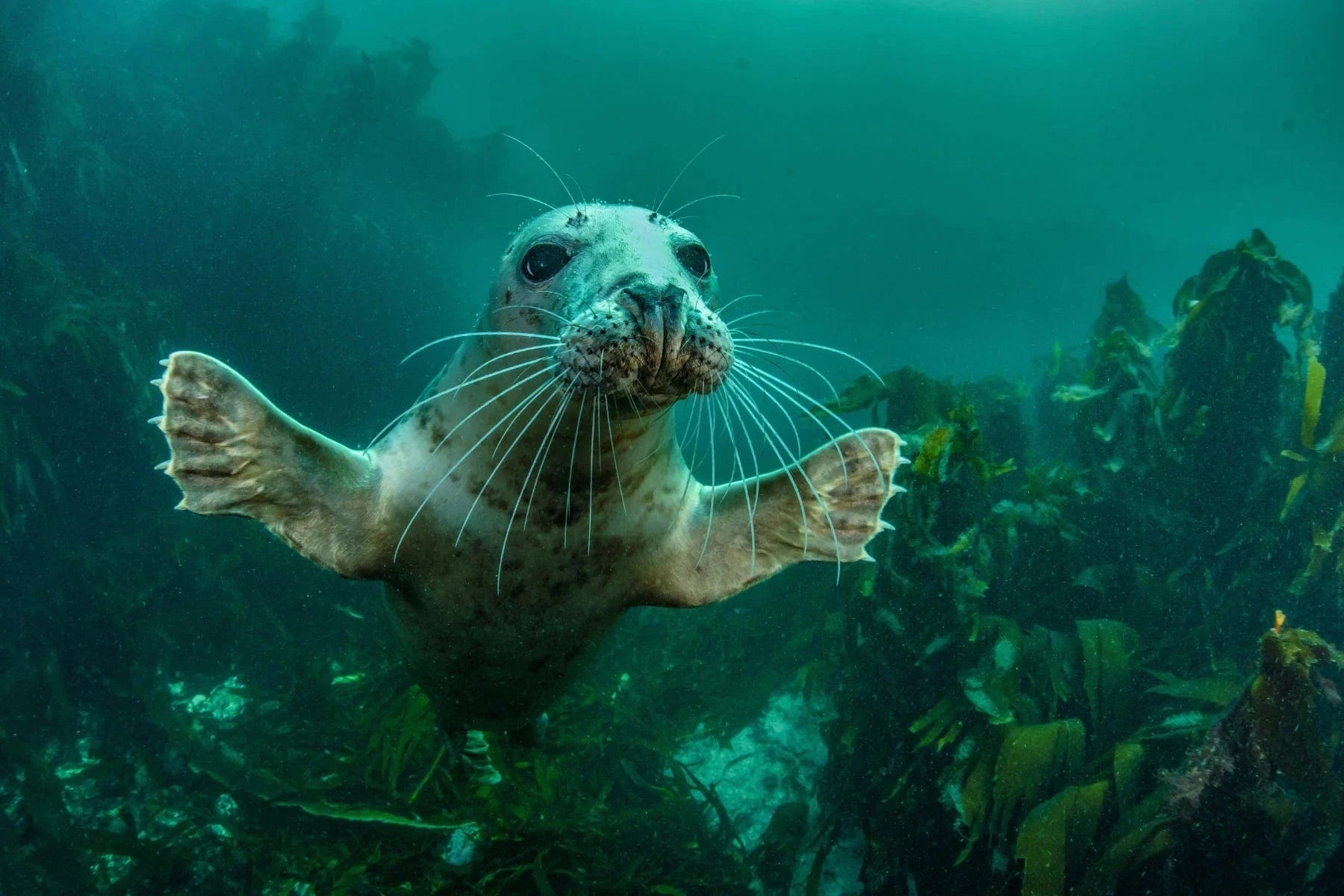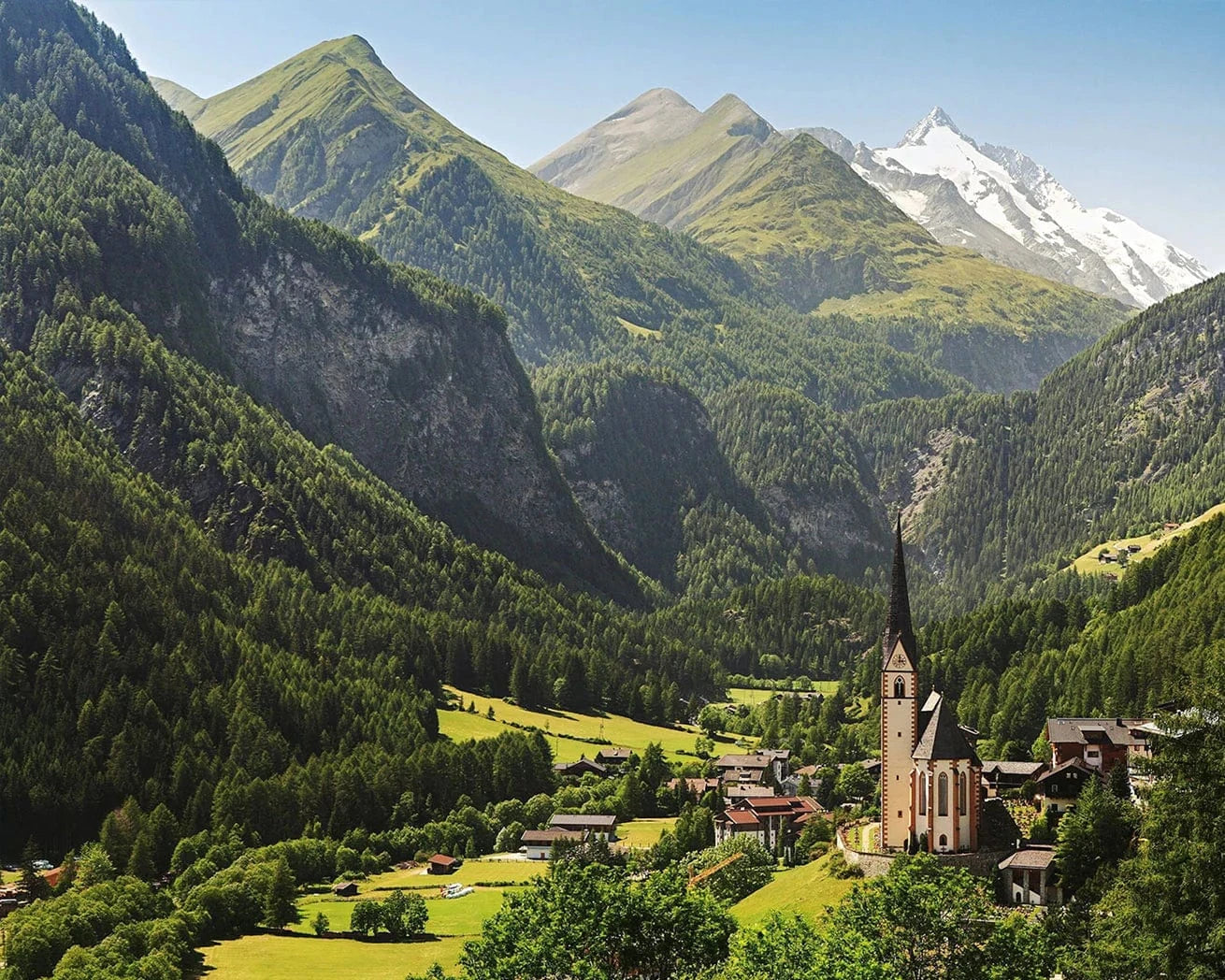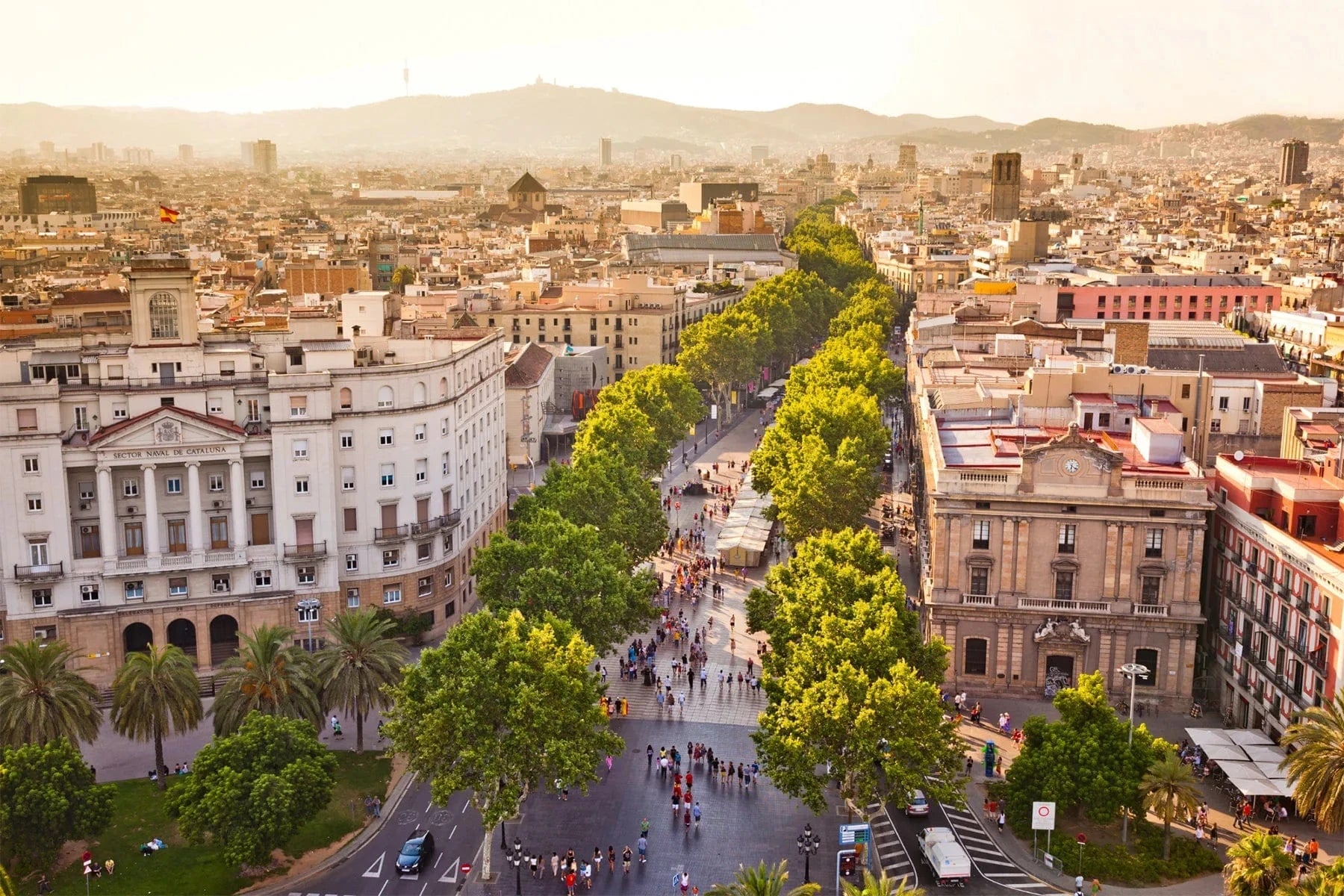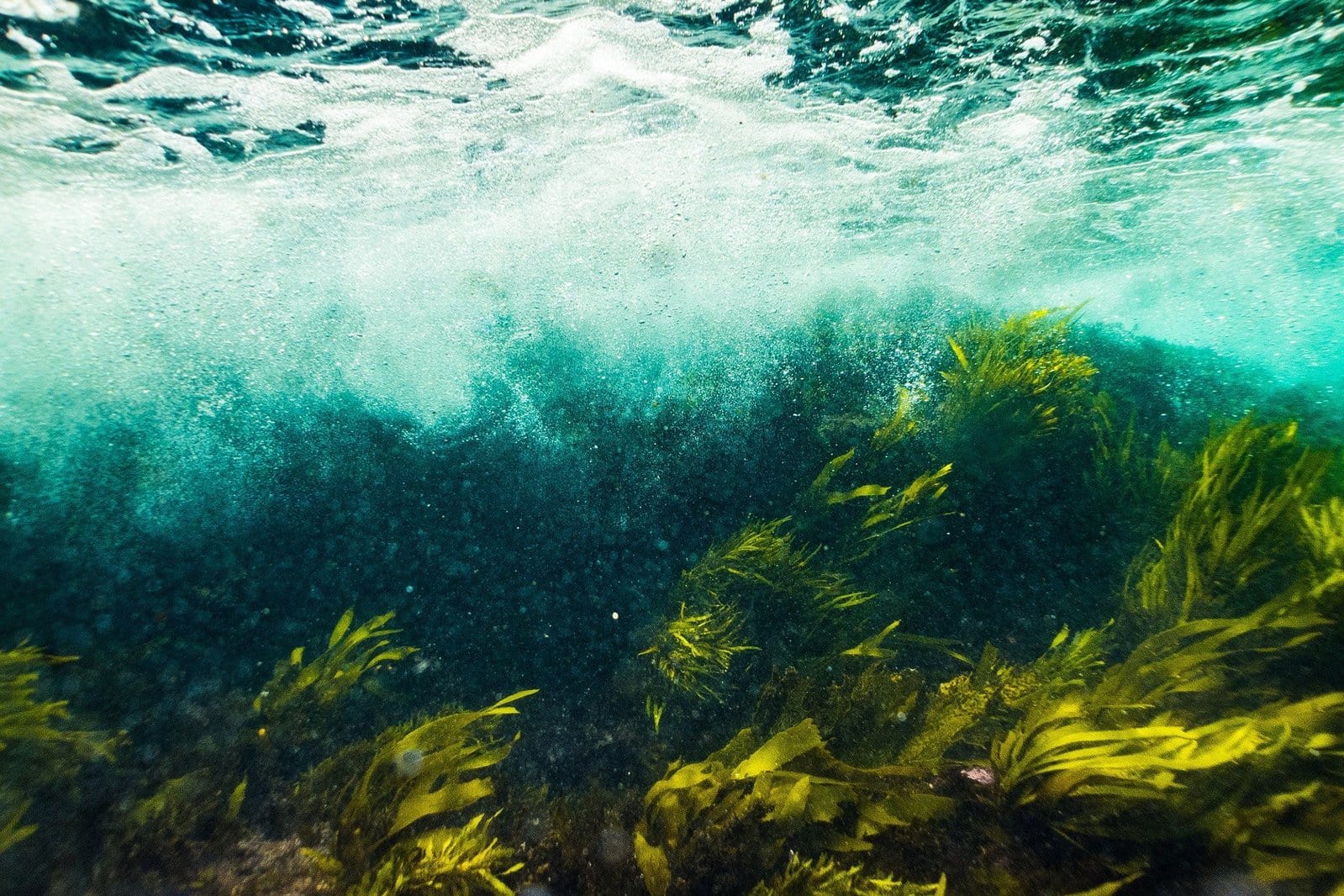Good News! 5 Positive Environmental News Stories from May 2023

Get news, updates, & event Info delivered right to your inbox:
Good News From The Month Of May
Wherever you are in the world, we hope that April's showers brought you May flowers, and that you had the time to stop and smell them every once in a while. This past month was full of environmental wins worth celebrating. From returning seal populations to scientists working hard to restore kelp forests, let’s celebrate every win together!

Seal Are Making A Comeback in Belgium: This Team of Volunteers Helping Them Coexist with Humans
Be the end of the last century, seals had disappeared from Belgium — but today, they are once again becoming a more common sight at beaches. According to the Royal Belgian Institute of Natural Sciences, the country's seal population has been growing steadily over the past 20 years, with an estimated 100-200 individuals from two species: grey seals and harbor seals today. These changes may be due in part to new legislation banning a type of recreational fishing that was particularly hazardous to seals, as well as decreased presence on beaches during the COVID-19 lockdowns. To accommodate this increase in numbers, Belgium has introduced "seal only" zones, enforced by volunteers that patrol the country's beaches to ensure that humans and seals can coexist peacefully.

This Nigerian Environmentalist Is Channeling Spider-Man To Wage War On Litter
In Nigeria, environmental waste poses a major challenge — especially in urban regions. Environmental activist Jonathan Olanlokun has taken matters in his own hands, picking up rubbish on the strees of Osogobo in Osun State. He started his work in 2004, clearing rubbish around his community and educating people about how to take care of the environment. At first, he was not taken seriously, but he persisted, and now, nearly two decades later, he is getting more attention to the cause for an unlikely reason: he began dressing up as Spider-Man. People respond to his joyous way of making a difference, and the community is more engaged with him today. We commend Jonathan for his dedication to making a difference in his corner of the world!

EU Emissions Fell By 4% at the End of Last Year But Economies Grew Data Reveals
In 23 out of the 27 EU member states, greenhouse gas emissions fell, with a 4% decrease overall, in the last 3 months of 2022. CO2-equivalents (CO2e) totaled 938 million tonnes compared to 978 million tonnes during the same quarter of 2021. The biggest reductions were seen in Slovenia, the Netherlands, and Slovakia. According to the same Eurostat report, GDP had increased by 1.5% during the same 3 months, which shows that countries have been able to reduce their greenhouse gas contribution while still growing their economies — which is a win-win! The economic sectors that contributed the most to this reduction were: manufacturing, household consumption, electricity, and gas supply. The EU is responsible for approximately 6% of global emissions and has committed to more than halving this by 2030, so data such as this shows that their efforts work, and helps to inform policy and decision-making initiatives.

Barcelona's Plan to Increase Urban Tree Cover
The city of Barcelona, Spain, which has one of Europe's highest populations and traffic densities, has implemented a 2017-2037 Master Plan dedicated to increasing their urban tree cover. The goal is that by 2037, the city will have increased their tree cover by 5%, bringing it up to 30% total tree cover. Data shows that this increase could improve the health of more than 30,000 people, reduce the use of antidepressants and save over $40 million in annual costs that are associated with mental health issues. The city hopes to transform every third street across the city into a green zone. One street that is being transformed within Barcelona's heavily polluted Eixample district will see changes ranging from prioritizing pedestrian and bike traffic to closing off blocks with plants, benches, play areas, and green spaces. The goal is that no occupant will be more than 200 metres from a square or small park.

How Scientists Are Restoring Kelp Forests
Kelp forests are extraordinary underwater ecosystems that are teeming with life. They have increasingly been under threat due to climate change, pollution, over harvesting of key species, and human interference. In response to these threats, scientists have been working hard to restore these vital underwater "forests". One of their key strategies, similar to forests on land, is active restoration, which involves planting kelp or kelp fragments in areas where the forests have been degraded to help jumpstart their recovery. This practice has shown promising results, providing a lifeline for struggling kelp and helping to restore the natural conditions that are needed for the recruitment of kelp spores. Another approach involves sustainably farming kelp to ensure a steady supply of material for human activities such as food, biofuel and bioplastics. This in turn reduces the harvesting pressure on wild kelp populations. Other techniques include ecological interventions such as reintroducing key predators (such as sea otters and sea stars), engaging the coastal communities that interact with kelp forests the most, research and monitoring, policy and advocacy, and more.
We hope you enjoyed reading May’s good news stories as much as we enjoyed featuring them! Remember, you can make a positive impact globally by planting trees.
Get news, updates, & event Info delivered right to your inbox:
Related Posts
Sustainable Diet Tips: How to Eat Healthy While Protecting the Planet
13/01/2026 by Meaghan Weeden
Agroforestry Explained: Principles, Benefits, and Case Studies
08/01/2026 by Meaghan Weeden
Plant Your Resolution: Making a Global Impact With The Grove
01/01/2026 by One Tree Planted
Popular On One Tree Planted
How to Reduce Waste: 21 Practical Zero Waste Tips for Everyday Living
23/12/2025 by Meaghan Weeden
Inspirational Quotes About Trees
16/12/2025 by Meaghan Weeden
The 9 Oldest, Tallest, and Biggest Trees in the World
11/12/2025 by One Tree Planted
Fundraising Disclosures

Be Part of the Restoration Movement
The Grove is more than just a monthly giving program: it's a vibrant community of individuals who are dedicated to reforestation and environmental restoration on a global scale.





